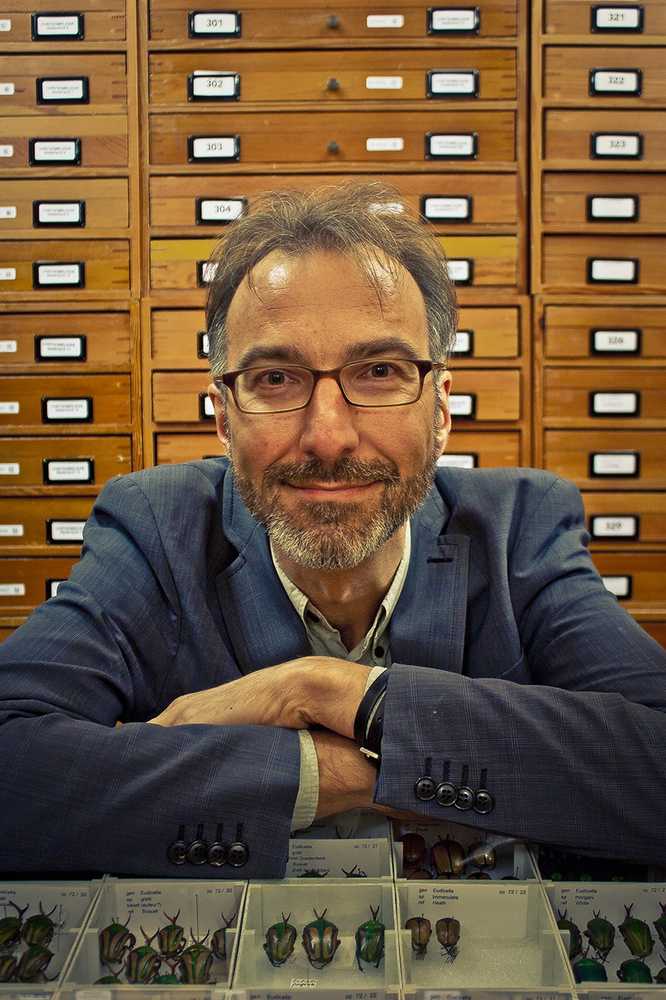You just got bit. And bitten again. Every time you go outside, it’s like you’re a walking feast for a zillion biting, whining, creepy-crawling bugs intent on making you dinner. Where the heck did all these insects come from?
Read “Nature’s Nether Regions” by Menno Schilthuizen, and find out. Literally.
Birds do it, said Cole Porter. Bees do it. Even educated fleas do it. How they do it is the focus of a “new branch of biology” that explains why the sex lives of our fellow creatures – whether they crawl, run, or fly – rival anything you’ve ever seen on reality TV.
But first: why have sex at all? Biologists are “still puzzled” about that, but they think mixing DNA has something to do with “outsmarting parasites” and ridding future generations of problematic mutations.
And why just two basic genders, male and female? That still “beg[s] for an explanation,” though some creatures dispense of the whole male-female thing altogether, and reproduce through cloning. For them, it’s more efficient.
Other critters get species-specific, when it comes to reproduction. The size and unique shape of a sex organ, which “is the only reliable indicator of a species,” may have evolved to keep, for instance, one kind of bumblebee from mating accidentally with another kind of bumblebee. Then again, some aquatic creatures don’t even bother with using their organs for mating: they cast sperm and eggs, willy-nilly, in the water and hope that their DNA meets someone special.
But monkeying around isn’t always so bucolic. Certain species of female ducks have evolved with specialized organs that keep them from being raped. Some insects and fish pierce the bodies of their amours to mate, and spider males and mantises famously don’t fare well at all when it comes to romance.
Read this book and you’ll see why eating not-quite-cooked squid is dicey. You’ll find out how your pollen allergies are worse than you ever imagined. You’ll learn how “female preferences” drive evolution. Oh, and size? It matters in the animal kingdom, but not like you think…
Well, now. Here’s something you probably have never seriously pondered: the sex lives of bugs. But you will, once you read “Nature’s Nether Regions.”
With the obvious glee of a passionate scientist, author Menno Schilthuizen takes a peek inside the bedrooms of beetles, bats, and bonobos. Here, we learn squirmy things about slimy creatures, nasty things about critters that once seemed cute, and we’re privy to the (sometimes) life-and-death struggle to pass along DNA. Along the way (and though his writing can get hard-core sciency), Schilthuizen does a fine job at entertaining while teaching – so much so that readers who’ve finished this book could surely be forgiven for becoming armchair entomologists.
This book proves that the old slap-and-tickle is much more interesting than slapping a bug dead. It truly shares more about the birds and the bees than you ever thought possible – and if that sounds like fun to you, then “Nature’s Nether Regions” is a book of which you’ll love every bit.
The Bookworm is Terri Schlichenmeyer. Email her at bookwormsez@gmail.com.

